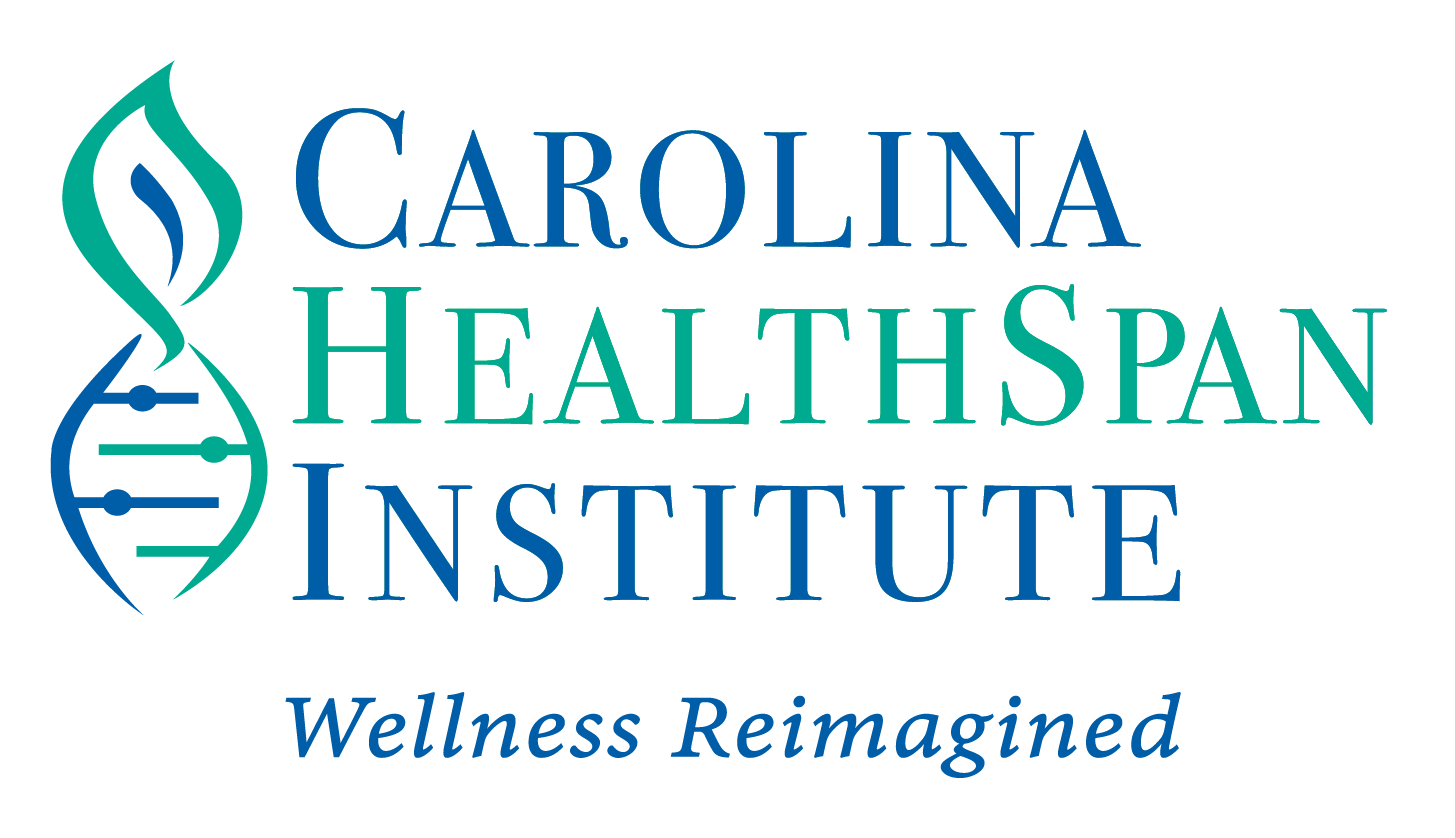ADHD is a problem, and according to the national numbers, a vastly growing one… At least in the United States. In the 1990’s 3-5% of school-age American children were believed to have ADHD. In 2013, the Centers for Disease Control and Prevention (CDC) grew that figure to 11%. It continues to rise. In North Carolina, the figure is 13.1% of school-age children, 76% of whom are treated with medication.
Medication can help many struggling kids and adults with ADHD, but the help doesn’t come without its fair share of side effects and potential long-term risks. In a recent article for The New York Times Magazine, author Casey Schwartz tells a shockingly honest, informative and scary tale of how easy it was to get, and get hooked on Adderall and how hard it was to get off. Read her enormously popular article here.
Stimulant medication is not just given to those with ADHD. People with Traumatic Brain Injuries are regularly prescribed stimulants such as Adderall or Concerta to “Kick Start” their brains in the morning. College students regularly illegally take stimulants to help them study or write papers, and as Casey shows in her article Generation Adderall, it’s not too difficult to obtain a prescription and carry that with you for as long as you feel you need.
Wouldn’t it be nice if there was a way to fix the underlying problem of classical ADHD, slow frontal lobes, without the side effects, long-term drug use and future risks? There is. Neurofeedback is not only proven to pinpoint and treat the underlying problem of ADHD, but it does so without side-effects, long-term risks or the need for stimulant medication. Neurofeedback can re-train the frontal lobes of the brain to function more optimally, reducing the need for medication through the process to minimal or in many cases none. And the American Academy of Pediatrics have given Neurofeedback Level 1 – “Best Support” for the treatment of ADHD.
With Neurofeedback, along with the treatment of ADHD comes regulation of general and specific Anxiety through Biofeedback, regulation of depression and increased motivation. Stimulant medication can increase anxiety and depression leading to more medication for those symptoms.
The choice is clear, especially for younger individuals with all of their life’s decisions still in front of them. Call us today to see if Neurofeedback is right for you, your child or grandchild.
